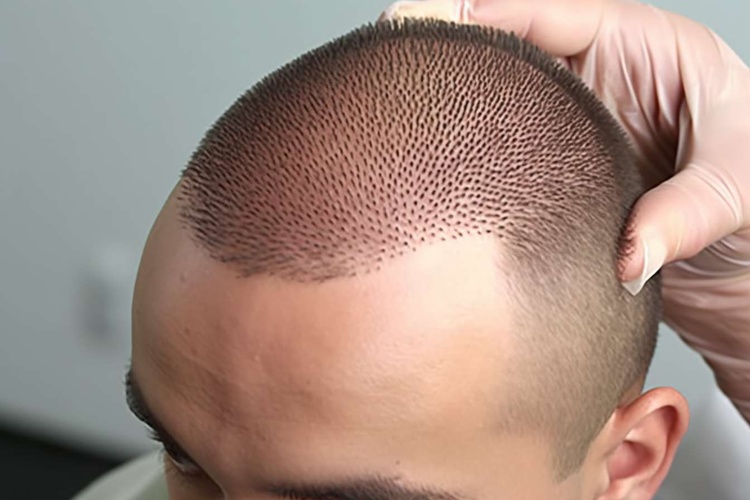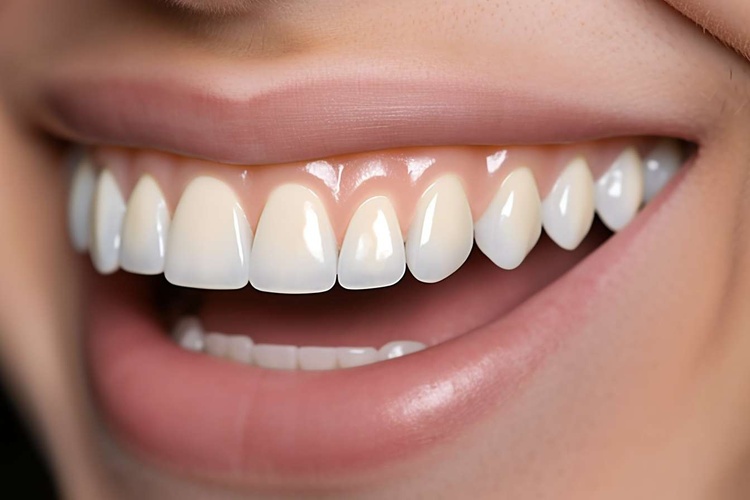Understanding Hair Transplant Costs in Ireland in 2025
Irish hair transplants generally range from €2,000 to €12,000 depending on graft numbers and techniques applied. This guide offers practical details to help you budget effectively and decide whether local expert care or overseas options are more suitable for your needs.

Typical Price Ranges for Hair Transplants in Ireland
Hair transplant costs in Ireland fluctuate based on graft amount and surgical method. The usual price brackets in 2025 are:
- Small procedures (around 700 grafts): €2,000 to €5,000
- Medium-sized procedures (about 2,000 grafts): Approximately €7,400
- Large procedures (3,000+ grafts): Often between €10,000 and €12,000 or more
These prices reflect data from various Irish clinics, with Tir na Nóg Clinic providing transparent quotes ranging from €2,000 to €5,000 for smaller FUE procedures depending on graft count.
Factors That Affect Hair Transplant Costs in Ireland
Number of Grafts
The graft quantity significantly affects the cost. Most clinics price based on the number of grafts. An average hair transplant for pattern baldness involves roughly 2,000 grafts, while more extensive hair loss requiring 3,000 or more grafts raises the price. Clinics typically charge about €3.70 per graft.
Surgical Technique
Common hair transplant methods offered in Ireland include:
- FUE (Follicular Unit Extraction): Extracting and implanting individual follicles. Prices usually range from €7,000 to €12,000, though smaller FUE procedures with fewer grafts can start around €2,000.
- DHI (Direct Hair Implantation): A variation of FUE using implanter pens to insert follicles. This technique tends to cost more, between €8,000 and €14,000.
- FUT (Follicular Unit Transplantation): The traditional strip harvesting technique, generally costing between €6,000 and €10,000, and less common currently.
DHI involves extra complexity, contributing to its higher price point.
Surgeon Expertise and Clinic Reputation
Irish clinics comply with EU regulations ensuring quality and safety. Clinics featuring highly skilled surgeons or advanced facilities may charge premium fees reflecting their expertise and service level. Compared to countries like Turkey, where surgery volumes are higher, Irish clinics may perform fewer procedures annually which can affect pricing and surgeon experience.
Additional Costs
Quoted prices from Irish clinics often exclude travel, lodging, and post-surgical products or services. Additional expenses include:
- Transport to and from the clinic
- Accommodation and meals during recovery
- Medical shampoos, medications, and follow-up appointments
Some international clinics offer all-inclusive packages covering these costs, whereas in Ireland such expenses are usually separate.
Comparing Hair Transplant Costs in Ireland to Other Countries
Ireland generally has higher hair transplant fees compared to popular medical tourism countries:
- In Turkey, a 2,000 graft FUE procedure typically costs €1,500 to €3,000, considerably less than in Ireland.
- Turkish clinics often provide packages including accommodation, airport transfers, and aftercare, potentially reducing overall patient expenditures.
- Turkey’s high procedure volume enables surgeon specialization and competitive pricing.
- Other countries such as India, Mexico, or parts of Europe may offer lower prices too, while Ireland benefits from EU healthcare standards and convenient local access.
Choosing Ireland delivers regulated local treatment without international travel but usually at a higher cost.
Eligibility and What to Expect from Hair Transplants in Ireland
Candidate Considerations
Suitable candidates generally have:
- Stable donor hair on the back and sides of the scalp
- Androgenetic alopecia (male- or female-pattern baldness)
- Good overall health for a minor surgical procedure
- Realistic expectations about transplant results
Irish surgeons perform thorough evaluations to confirm eligibility and may suggest non-surgical options when appropriate.
Procedure Details
- Procedures are typically performed under local anesthesia.
- Surgery length depends on graft quantity, usually lasting 6 to 8 hours.
- Methods like FUE and DHI aim to produce a natural hairline and density.
- Some swelling and mild discomfort are expected, manageable with prescribed care.
- Recovery involves avoiding strenuous activity for about a week and attending follow-ups.
- New hair growth may become visible within 3 to 6 months, improving up to a year or more.
Non-Surgical Hair Restoration Options Available in Ireland
For those seeking alternatives to or complements for surgery, Irish clinics provide:
- Platelet-Rich Plasma (PRP) Therapy: Supports hair follicle vitality.
- Low-Level Laser Therapy (LLLT): Light therapy to enhance scalp health.
- FDA-Approved Medications: Such as minoxidil and finasteride, which may slow hair loss progression.
These treatments usually cost less than surgery but often require ongoing sessions and deliver variable results.
Budgeting for Hair Transplants in Ireland in 2025
- Small hair transplants (~700 grafts) generally cost between €2,000 and €5,000.
- Average 2,000 graft procedures cost around €7,400.
- Larger cases or premium techniques like DHI may exceed €10,000 to €12,000.
- Travel, accommodation, post-op care products, and follow-ups are additional expenses.
- Hair transplants in Ireland benefit from EU regulatory standards and local healthcare access without international travel.
- For those focused on cost savings, medical tourism destinations like Turkey may offer lower prices and inclusive packages but involve traveling abroad and different healthcare systems.
Prospective patients in Ireland are encouraged to consult reputable clinics such as Tir na Nóg for personalized evaluations and detailed quotations. Confirming surgeon credentials and clarifying all costs beforehand is essential.
Sources
- Tir na Nóg Clinic
- UnitedCare Clinic
- Hair Transplant Costs
- Hairline Transplant Turkey
- Hair Transplant in Ireland
- LINK: https://www.tirnanogclinic.com/
- LINK: https://www.unitedcareclinic.com/blog/hair-transplant-cost/
- LINK: https://hairlinetransplantturkey.com/destinations/hair-transplant-in-ireland/
Disclaimer: All content, including text, graphics, images and information, contained on or available through this web site is for general information purposes only. The information and materials contained in these pages and the terms, conditions and descriptions that appear, are subject to change without notice.




